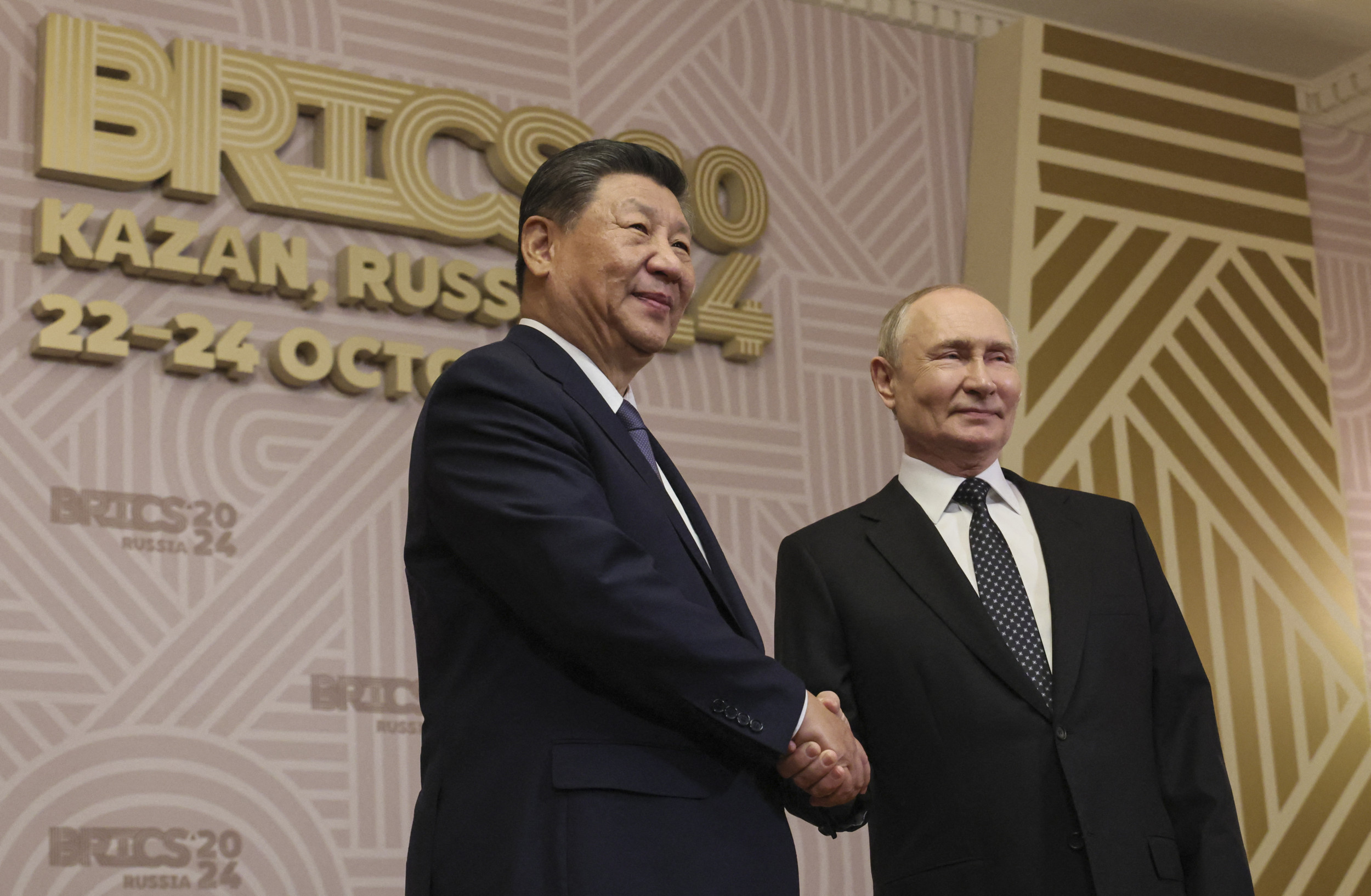The economist who first introduced the term BRICS has recently remarked that the alliance, known for its anti-Western sentiment, lacks substantial contributions beyond mere “symbolic” actions, suggesting that the primary takeaway from the upcoming Russian summit will be “photo ops.”
This year’s annual BRICS summit is taking place in Kazan, Russia, bringing together the original member nations along with representatives from several prospective new members. Similar to past gatherings, the summit aims to articulate the bloc’s vision for an alternative economic structure while allowing Russia to showcase its resilience against Western sanctions and isolation.
According to Jim O’Neill, who wrote a column for Project Syndicate last week, the BRICS summit serves as a platform for leaders like Vladimir Putin to project a world order independent of U.S. influence. However, he argues that the group’s output tends to be more about grand statements than concrete actions, pointing out its tendency to produce “symbolic gestures and lofty rhetoric.”

Maxim Shipenkov/POOL/AFP via Getty Images
O’Neill, recognized as the “godfather” of BRICS due to his influential 2001 article, “Building Better Global Economic BRICs,” initially predicted that these emerging economies – Brazil, Russia, India, and China – would dominate the world economy by 2050. However, he now views BRICS more as a political body, reflecting the non-G7 nations’ aspirations to challenge Western norms.
This particular summit is expected to focus heavily on political messaging, especially with new members like Egypt, Ethiopia, Iran, and the U.A.E., in attendance. O’Neill notes that Putin will likely leverage this opportunity to project a narrative of reduced isolation from Western powers.

Albin Lohr-Jones/Sipa via AP Images
O’Neill also highlighted that the hesitation of Saudi Arabia to join BRICS, despite initial interest, underscores its ongoing commitment to its alliance with the U.S. He suggests that this strong partnership with the U.S. will remain pivotal, especially if Saudi Arabia moves towards normalizing relations with Israel.
Ultimately, he emphasizes that the summit’s most tangible outcomes are likely to be opportunities for world leaders to appear alongside Putin and voice their grievances about underrepresentation in international governance. “BRICS+ leaders can gather and condemn their lack of presence in major global organizations,” he noted, which seems to be one of the few real accomplishments of these meetings.
To truly benefit, O’Neill argues that these nations should focus on fostering “collective action” around free trade, climate change, and combating infectious diseases. However, he believes that aside from “ambitious declarations aimed at challenging the U.S. dollar’s dominance,” this summit and the BRICS organization may not yield meaningful results in the foreseeable future.
